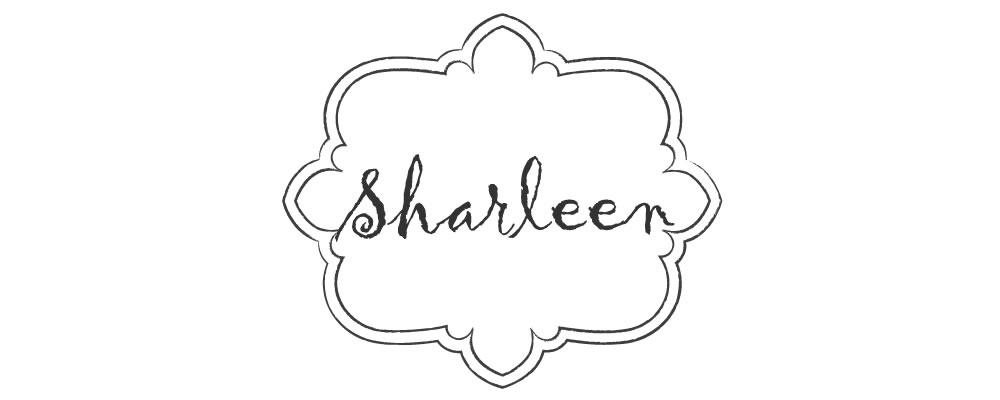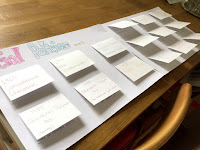It's been a long while since I've posted - I've been so busy studying for exams and now that they've actually come, it's been a stressful time!
Now that it's half term, some of you will probably be studying like crazy, so I thought I'd write about a few little revision techniques that have worked for me.
1. Mind maps
Anyone who knows me will know that mind maps are my absolute love. These help me so much because you can write down the key information whilst making links and using lots of colours. I even found making a mind map of an entire history unit helpful. For this though, you'll probably need plenty of A3 sheets or two or three A2 sheets.
2. Make bold notes of anything you can't remember and hang it on your wall.
A good idea is to put it somewhere where you'll look at it often so that you're constantly going over it. Also in your exam, if it comes up, you might even be able to visualise that poster you made and what was on it.
3. Flashcards
Of course these are really useful for subjects where there's a lot of information to remember or for revising languages. It's particularly handy because you can fit them into your pocket and pull them out on your way to and from school.
4. Timelines
History is my biggest challenge this year because I find remembering key events and dates tough. Therefore, a really good idea is to make a timeline of the order of events (with the dates) and put it up on your wall. This will help you in the long run because:
1) It will enhance your understanding of the part of history you are studying and make everything so much clearer in your mind.
2) It's super helpful if you have source questions in your exams as you might have to understand what was going during the year of the source.
This could be useful for learning key information that you find difficult to remember. For instance, I used it to learn the Educational reforms for my sociology exam. I made it by folding plain note cards and sticking them onto an A3 sheet. Then I wrote the name of the reform on the top of each flap, and underneath, a reveal of what the reform was about. This could be helpful for languages, history (or anything else really!).
So many people write notes from a textbook into a notepad. Personally, I find this technique very useful for science but not for other subjects. For me, colours and pictures are really important (especially if you're a visual learner) because then you're more likely to understand and be focused on what you're writing, as well being more likely to actually go back and read your notes.
Past papers are so easily accessible and ideal for every subject! You could even do some practice essays and give them to your teacher to mark. Doing lots of past papers are probably one of the most important parts of your revision for many reasons:
1) You learn the exam technique and understand the way that examiners mark, as well as what kind of answers would or would not be acceptable to write
2) You can see how much information you've actually managed to withhold from your revision
3) You can practise timing
4) You can see where you are in terms of your knowledge and you can find any knowledge gaps
5) Similar questions tend to come up over the years so you might end up redoing a similar question when it comes to your exam!
Best of luck in all your exams!





